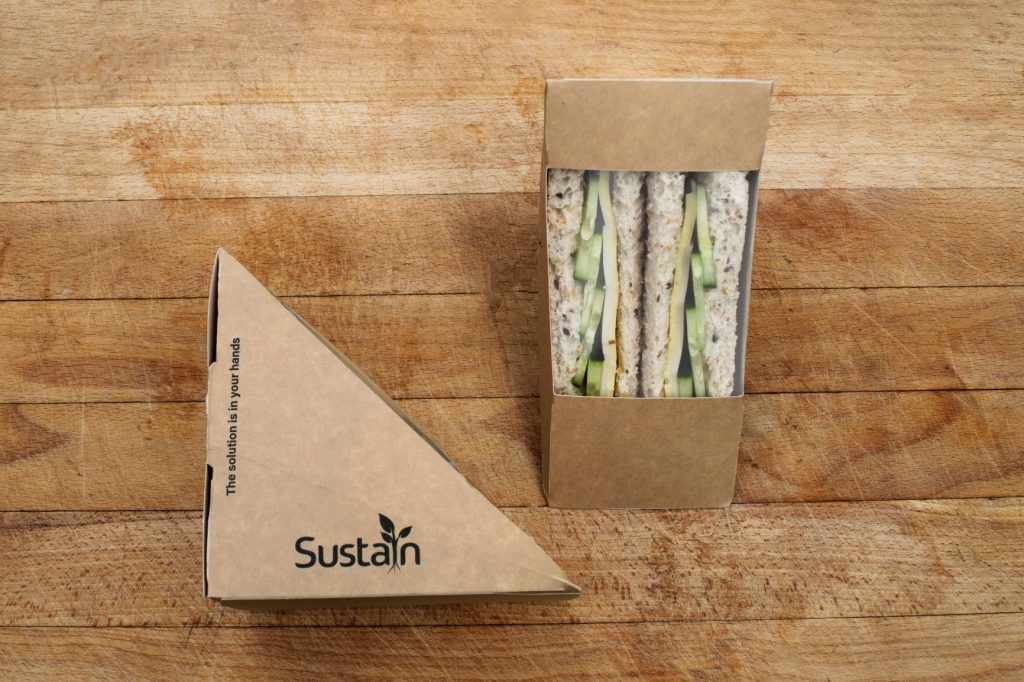For those of us lucky enough to have travelled through the Mediterranean, we have no doubt enjoyed mezze platters with cheeses, dips and cold meats served with delicious local breads.
This local fare may well have inspired the 4th Earl of Sandwich, who is commonly recognised by food historians as the person who introduced the sandwich into our vocabulary and onto our menus. In the mid-1700s, the notorious Earl, John Montagu, had a considerable gambling problem and did not like to leave the card table, even to eat. So, he commanded his cook to bring him meals he could easily consume without getting out of his seat or interrupting his game – and thus the sandwich was born. The concoction grew popular in London society circles and took on the Earl’s name.
Today you can find a version of a sandwich in most cuisines around the world, and they can be as humble or gourmet in their fillings as the creator desires. One thing they all have in common – the ingredients must be fresh, and the demand for healthy choices is growing.
SKU: SUSSWK/M
Our busier lifestyles have driven the demand for made-to-order and pre-made sandwiches, and many cafes, restaurants and fast-food chains compete for the considerable revenue generated by this quick meal option. A recent Ibis World industry report valued the Australia sandwich market size at $795m per annum, employing over 8,000 people.1
Sustain’s Sandwich Wedge is a kraft brown paperboard with PLA Window and is compostable in an industrial composting facility, under specific conditions, in accordance with EN 13432:2000.
The paper is made from renewable and responsibly sourced Forest Stewardship Council® (FSC®-C117930) mix certified paper board. The clear PLA window attractively presents the sandwich clearly showing the ingredients for greater appeal. The triangular wedge has an easy load hinge making food preparation more efficient, plus keeps the contents fresher for longer. The pocket fits a standard size sandwich in two triangular halves.
Food safe and ideal for cold foods, Sustain Sandwich Wedges can be disposed of in co-mingled recycling. This means they can be collected, sorted and recycled successfully in practice and at scale in Australia and New Zealand.
https://www.ibisworld.com/au/industry/sandwich-shops/5497/
